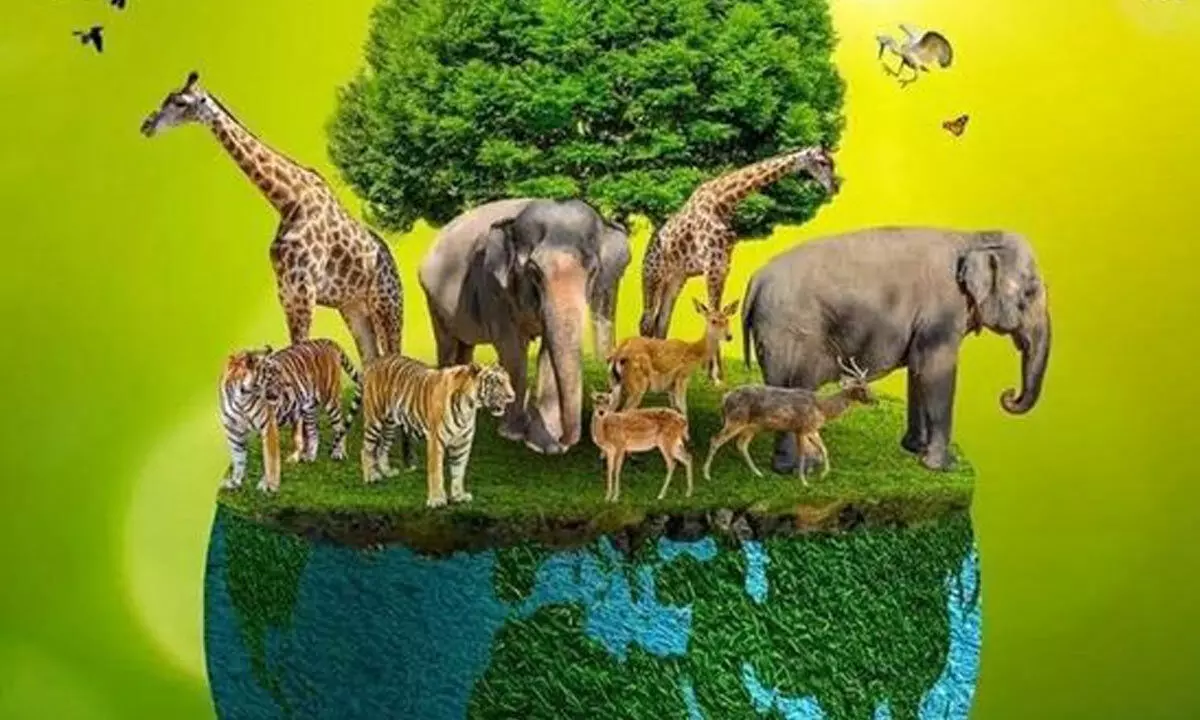Animal welfare laws in India

India has a rich tradition of valuing animals, reflected in both its cultural practices and legal frameworks
India has a rich tradition of valuing animals, reflected in both its cultural practices and legal frameworks. However, the effectiveness of the current animal welfare system presents a complex picture, marked by both progress and significant challenges.
The Prevention of Cruelty to Animals Act, 1960 (PCA Act) forms the cornerstone of animal welfare legislation in India. Its primary objective is to prevent cruelty to animals and promote their humane treatment. The act prohibits various forms of cruelty, including physical abuse, overloading, and the confinement of animals in inadequate spaces. It also regulates animal experimentation, stipulating that committees must oversee research practices. Despite its importance, the PCA Act faces challenges in enforcement, largely due to inadequate infrastructure, limited resources, and insufficient public awareness.
Another crucial piece of legislation is the Wildlife Protection Act, 1972, which focuses on the conservation of wildlife and their natural habitats. This act prohibits the hunting and trade of wildlife, especially endangered species, and establishes protected areas such as national parks and wildlife sanctuaries. However, despite its protective measures, wildlife conservation in India remains under threat from issues such as poaching and habitat destruction. Illegal wildlife trade and human-wildlife conflicts continue to pose serious challenges, undermining the effectiveness of the act.
The Animal Welfare Board of India (AWBI), established under the PCA Act, plays a pivotal role in implementing animal welfare laws. AWBI provides guidelines for the humane treatment of animals and oversees their enforcement. It also supports various animal welfare organizations and initiatives through funding and resources. Nevertheless, AWBI’s efforts are often limited by a lack of comprehensive monitoring and the capacity to enforce its recommendations effectively.Recent developments indicate a growing recognition of the need to strengthen animal welfare laws. There have been ongoing discussions about amending existing legislation to increase penalties for cruelty and enhance protections for animals used in research. Public awareness campaigns led by NGOs and animal rights organizations have also played a significant role in addressing animal welfare issues.
These campaigns focus on responsible pet ownership, anti-cruelty measures, and the promotion of veganism and cruelty-free products.
Technological advancements have introduced new tools for addressing animal welfare challenges. Innovations such as alternative testing methods and improved wildlife tracking systems offer promising solutions to some of the persistent issues in animal protection. Despite these positive developments, the implementation of these technologies on a broader scale remains a challenge.
In summary, while India’s animal welfare laws provide a solid foundation for the humane treatment and protection of animals, significant challenges remain. The effectiveness of these laws is often hindered by enforcement issues, public awareness gaps, and ongoing threats to wildlife. Continued efforts to strengthen the legal framework, improve enforcement mechanisms, and raise public consciousness are essential for advancing animal welfare in India. As the country progresses, there is hope that a more compassionate and effective approach to animal welfare will take shape, ensuring that animals are treated with the respect and care they deserve.










